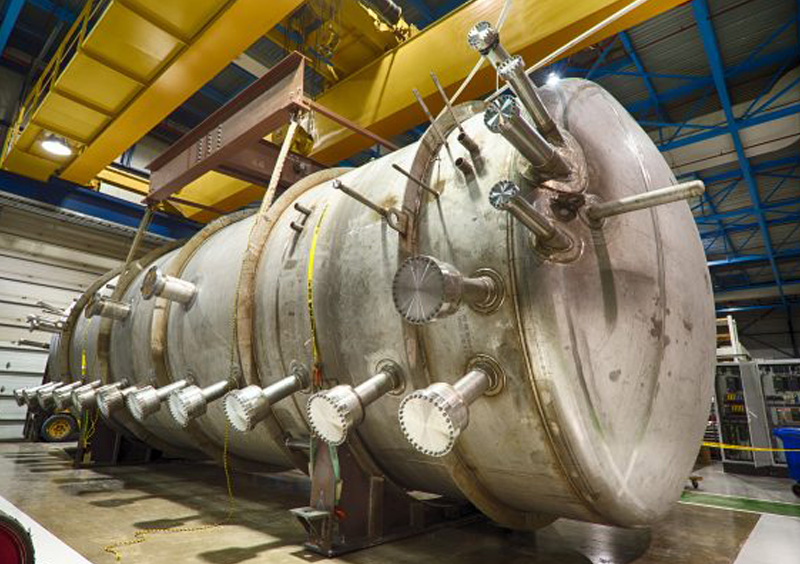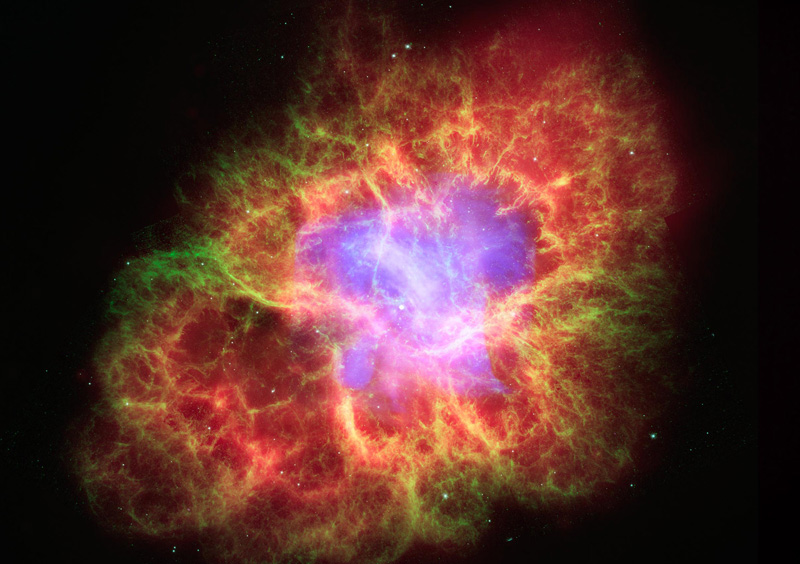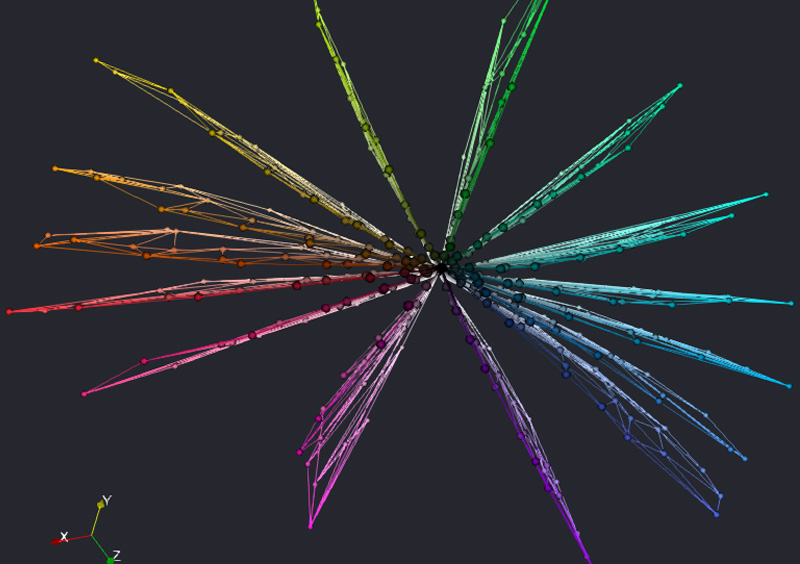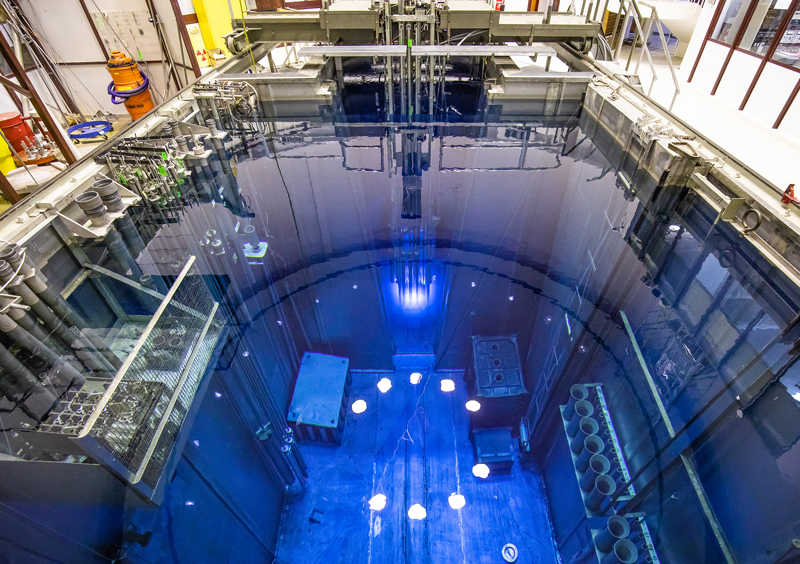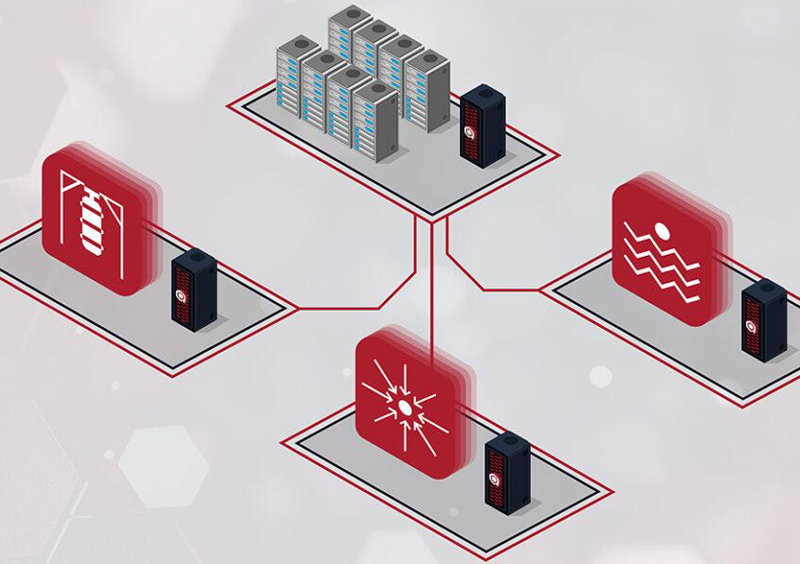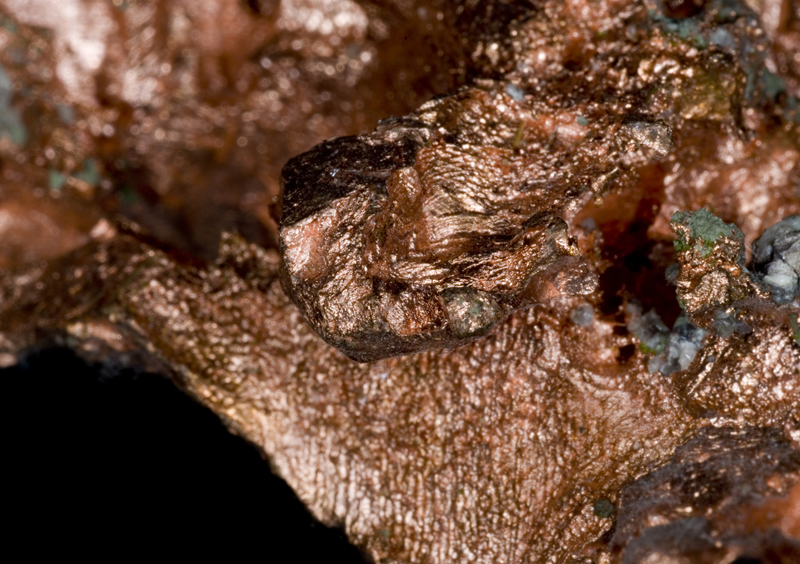
Researchers from Los Alamos National Laboratory and the University of New Mexico have developed a novel computational framework that addresses a longstanding challenge in statistical physics. The Tensors for High-dimensional Object Representation (THOR) AI framework employs tensor network algorithms to efficiently compress and evaluate the extremely large configurational integrals and partial differential equations central to determining the thermodynamic and mechanical properties of materials. The framework was integrated with machine learning potentials, which encode interatomic interactions and dynamical behavior, enabling accurate and scalable modeling of materials across diverse physical conditions.
“The configurational integral — which captures particle interactions — is notoriously difficult and time-consuming to evaluate, particularly in materials science applications involving extreme pressures or phase transitions,” said Los Alamos senior AI scientist Boian Alexandrov, who led the project. “Accurately determining the thermodynamic behavior deepens our scientific understanding of statistical mechanics and informs key areas such as metallurgy.”
Until now, scientists have relied on approximate methods such as molecular dynamics and Monte Carlo simulations to estimate the configurational integral. These approaches work indirectly, simulating countless atomic motions over long time scales in an effort to bypass the “curse of dimensionality” — the exponential growth of complexity in high-dimensional problems that overwhelms even the most powerful supercomputers. Such calculations often demand weeks of supercomputer time, yet still face significant limits.
Fast and accurate compute of the configurational integral
THOR AI transforms this high-dimensional challenge into a tractable problem by representing the high-dimensional data cube of the integrand as a chain of smaller, connected components using a mathematical technique called “tensor train cross interpolation.” A custom variant of this method identifies the important crystal symmetries, enabling the configurational integral to be computed in seconds rather than thousands of hours — without loss of accuracy.
Applied to metals such as copper and noble gases at high pressure, like argon in crystalline state, as well as to the calculation of tin’s solid-solid phase transition, THOR AI reproduces results from the best Los Alamos simulations — but more than 400 times faster. It also works seamlessly with modern machine learning-based atomic models, making it a versatile tool for materials science, physics and chemistry.
“This breakthrough replaces century-old simulations and approximations of configurational integral with a first-principles calculation,” said Duc Truong, Los Alamos scientist and lead author of the study published in Physical Review Materials. “THOR AI opens the door to faster discoveries and a deeper understanding of materials.”
The THOR Project is available on GitHub.
Paper: “Breaking the curse of dimensionality: Solving configurational integrals for crystalline solids by tensor networks.” Physical Review Materials. DOI: 10.1103/xrbw-xr49
Funding: This work was supported by the Laboratory Directed Research and Development program of Los Alamos National Laboratory.
LA-UR-25-29104
Contact
Public Affairs | media_relations@lanl.gov
